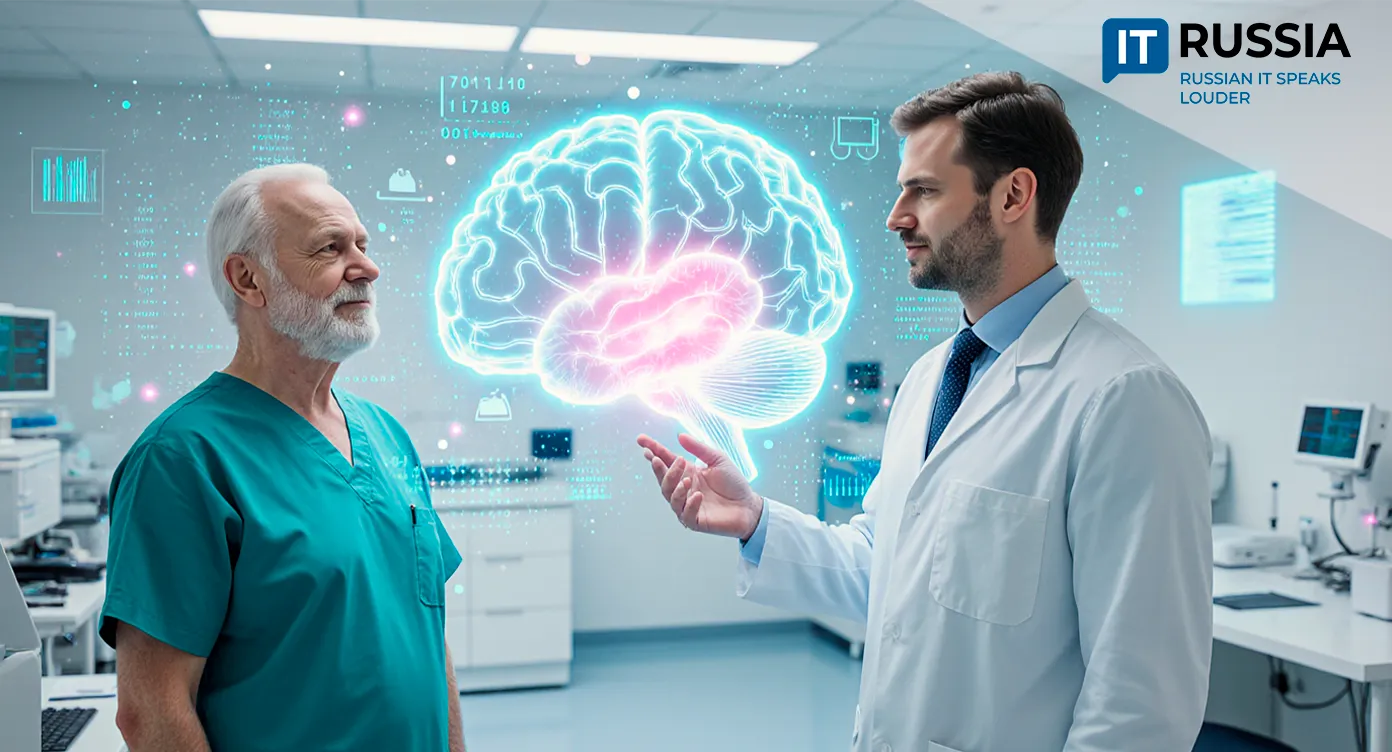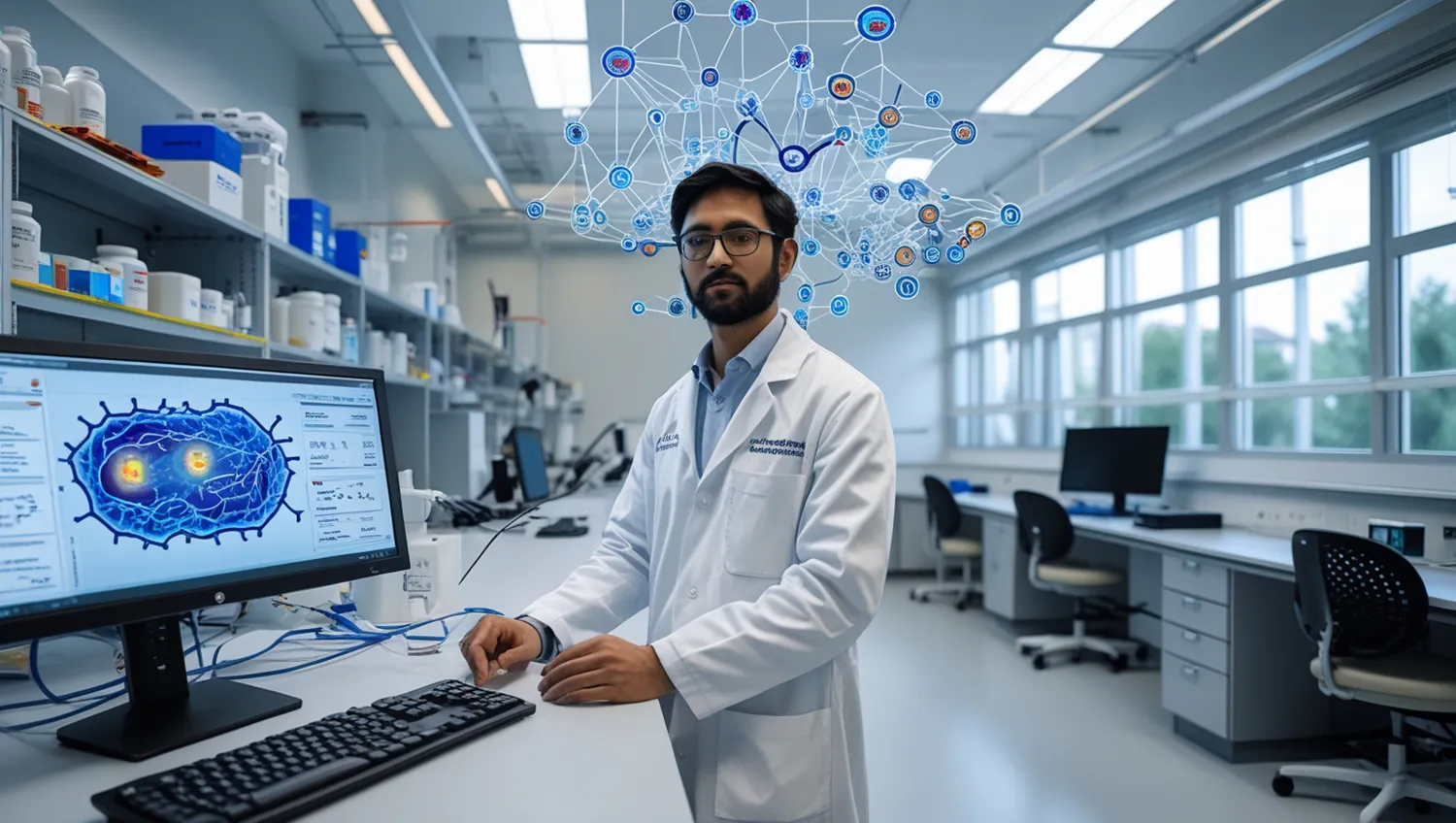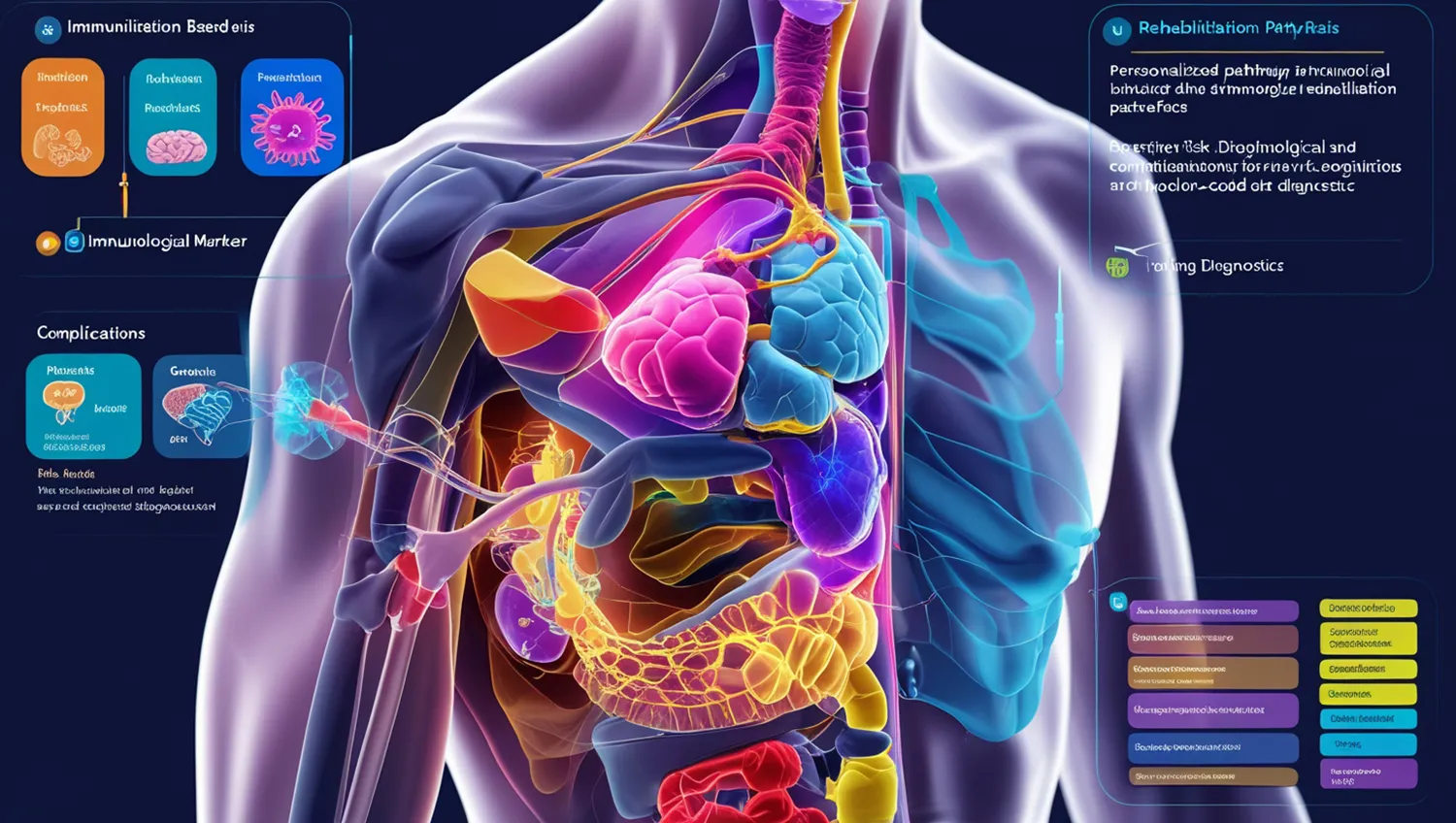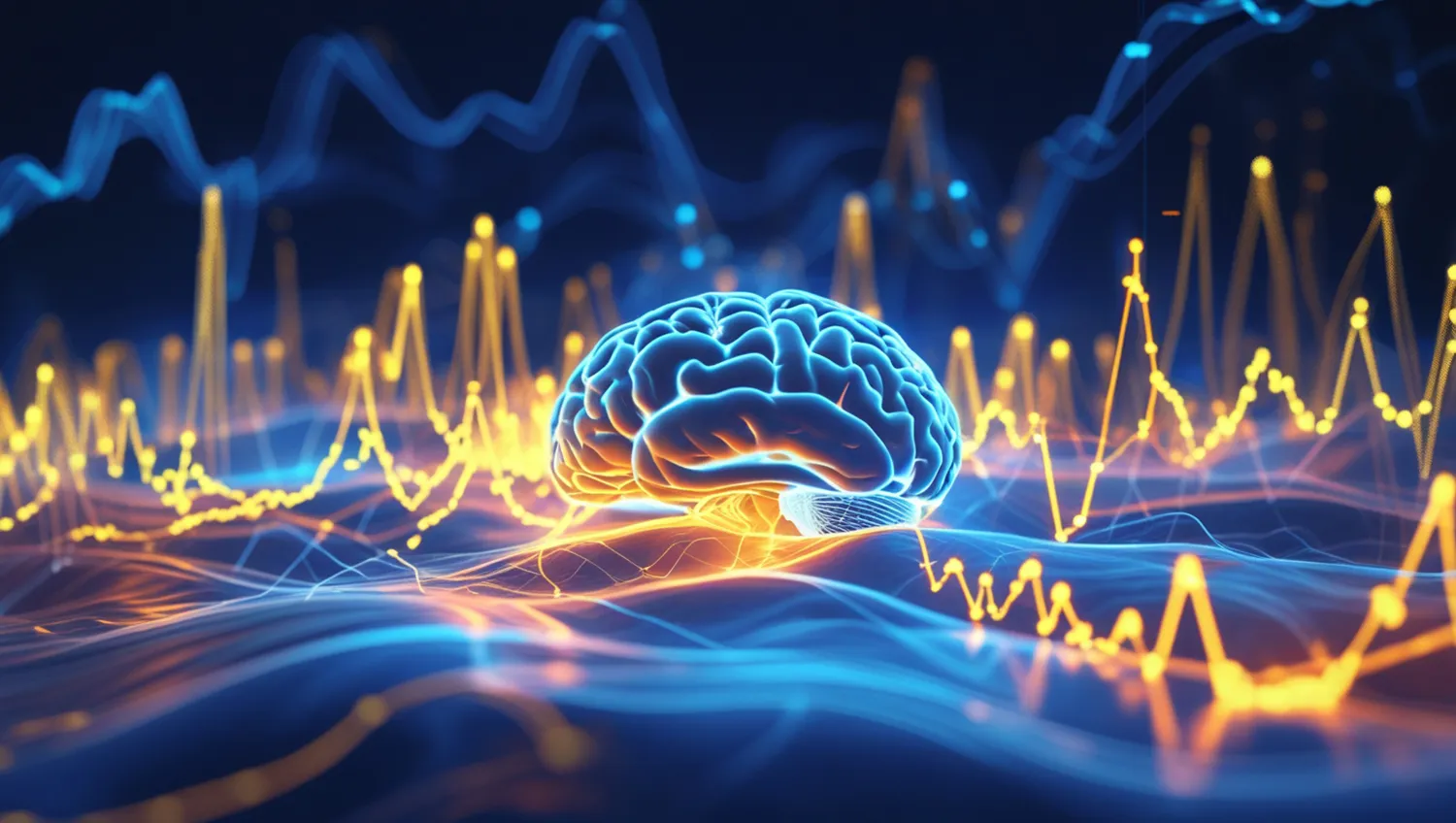Kaliningrad Scientists Create AI That Predicts Post-Stroke Recovery
Researchers in Kaliningrad have developed an intelligent system capable of understanding the human body better than traditional medical analyses. The innovation allows doctors to forecast post-stroke outcomes and adjust treatment before complications arise.

Recovery Under AI Supervision
At the Immanuel Kant Baltic Federal University, scientists have built a machine-learning algorithm that predicts cognitive and cardiovascular complications in patients with metabolic syndrome. In essence, it functions as a digital physician that helps determine how well a patient will recover after a stroke — and whether they might face recurrent heart or brain issues.
The study involved 342 patients who underwent comprehensive clinical assessments. Beyond standard medical data, the researchers incorporated immunological, cognitive, and gender-specific indicators to train the model. Using this data, the algorithm can estimate the likelihood of adverse outcomes — from acute coronary complications to combined cardio-cerebral impairments.
In simpler terms, Russian researchers have created a digital tool that helps physicians “see into” a patient’s medical future and intervene early.
The project is part of Russia’s Priority-2030 program (within the national initiative Youth and Children). But its significance goes beyond academia — it marks Russia’s confident entry into the global elite of medical artificial intelligence.

What It Means for Doctors and Patients
The Kant University algorithm represents a step toward truly personalized medicine — where diagnosis and prognosis are tailored to each patient’s individual profile rather than population averages. Doctors receive not just numbers, but risk assessments, recommendations, and prioritized action plans. For patients, this means fewer complications, faster recovery, and a reduced likelihood of long-term disability.
For healthcare systems, it means a fundamental shift — lighter hospital workloads, more precise allocation of resources, and a transition from reactive to predictive medicine. In the long term, it leads to fewer fatalities, lower costs, and greater prospects for healthy longevity.
An Independent Path
Globally, predictive neurology is still emerging. Western labs continue to publish papers on deep learning and explainable AI for post-stroke recovery prediction — yet most remain at the modeling stage, far from clinical practice.
Russian researchers, by contrast, are focusing on applied outcomes. Their algorithm is built on real clinical data from Russian patients and adjusted for local population traits. This is not a copy of Western methods, but an independent path — a domestically adapted model of machine learning where every percentage of accuracy translates into saved lives.

While European AI research often faces bureaucratic and regulatory barriers, Russian developers benefit from direct government support. The Priority-2030 initiative provides universities with a framework to turn their laboratories into platforms for genuine technological breakthroughs.
Why Now
Just a few years ago, AI in healthcare seemed theoretical — associated with futuristic diagnostics, neural networks, and robot physicians. Today, it’s a tangible reality emerging from Russian research centers. This transformation reflects the nation’s broader push for technological sovereignty.
By stepping away from reliance on Western software ecosystems, Russia has prioritized domestic innovation — and is now reaping the results.
The Baltic Federal University in Kaliningrad is one of many institutions working in this direction. Across the country, AI systems are being developed for X-ray analysis, cancer detection, and heart attack prediction. The fields differ, but the goal is unified: to arm Russian medicine with intelligent tools built locally, on its own technological foundation.
From Science to Implementation
To become a fully operational medical tool, the algorithm must be scaled, tested on larger patient populations, integrated into hospital protocols, and equipped with a user-friendly interface for clinicians. But all the prerequisites for deployment are already in place.
Future directions include integration into telemedicine platforms, development of applications for doctors and patients, and export to countries with emerging healthcare systems — where AI could fill the gap caused by shortages of medical specialists.

Technically, Russia is ready: its strengths lie in bioinformatics, medical data centers, and powerful university-based R&D ecosystems. The next step is to convert research prototypes into commercially viable, life-saving technologies.
A World Ready to Be Surprised
In recent years, the paradox is that the world no longer expects major breakthroughs from Russia — which makes every new innovation resonate even louder. While Western institutions debate the ethics of neural networks, Kaliningrad scientists are already using them to save lives. While others spend years on regulatory approvals, Russian researchers are conducting clinical trials.
Yes, certification and international validation still lie ahead. But in many ways, global recognition has already arrived: Russia has proven its ability to create world-class medical AI — without foreign grants, Western platforms, or external oversight.
A country once “disconnected” from global technologies is now building intelligent systems that predict the course of stroke recovery. This is more than a local success story — it’s a symbol of a new era in which Russian science sets the pace rather than follows it.










































